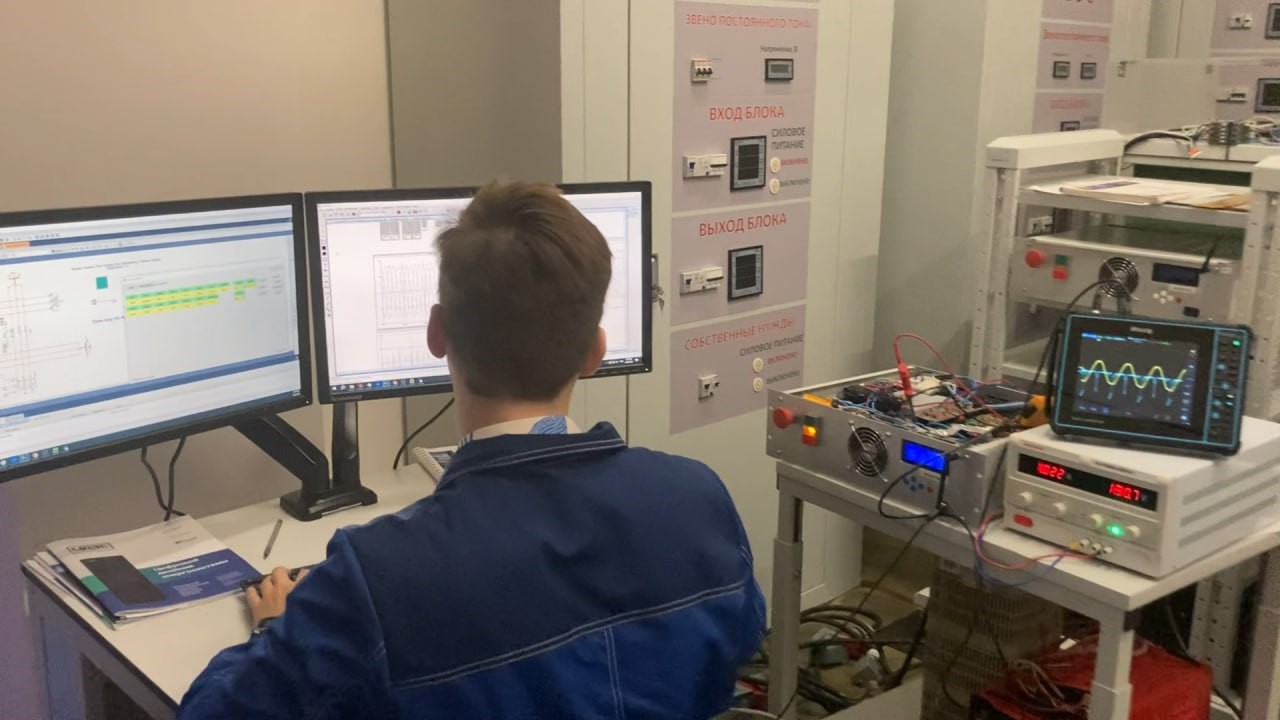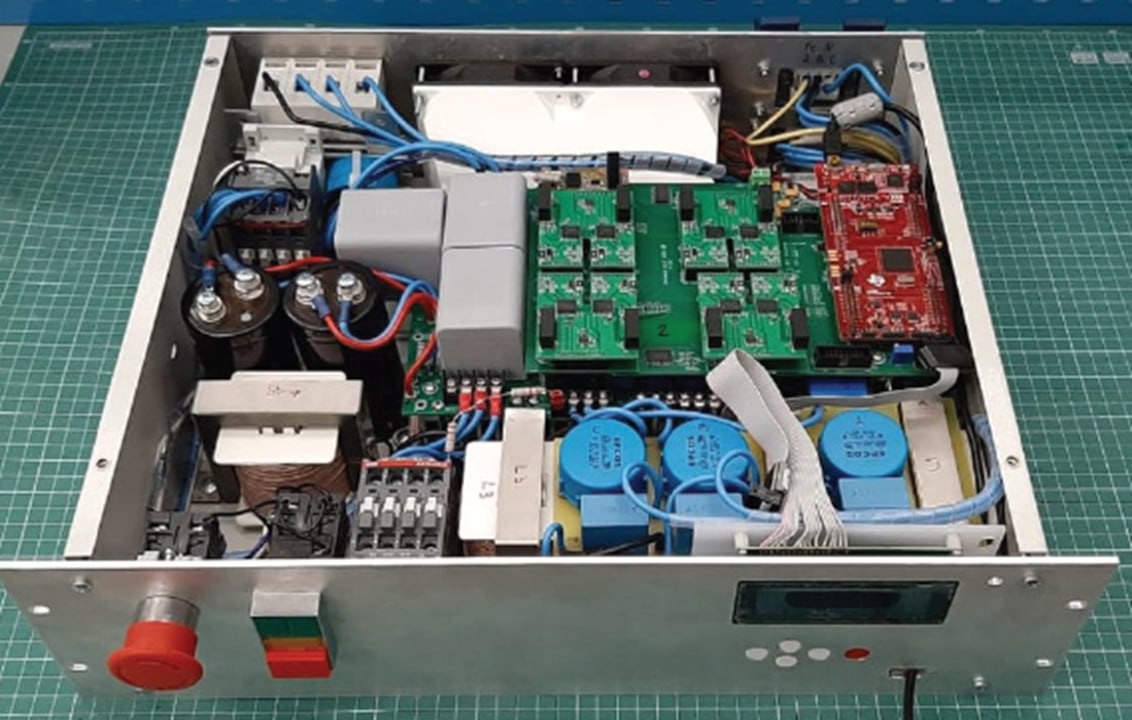With the new stage of energy transition in progress, the key tendency of power market development today is distributed power generation, which is characterized by decentralization, smart energy systems, involvement of consumers, and a higher share of renewable energy sources. In the distributed generation systems, electricity comes from a number of local power objects, instead of one large station. For example, house owners that use solar panels can sell excessive amounts of electricity.
A fundamental role in these systems belongs to inverters that convert the generated electricity into the alternating current with specific frequency. In Europe and CIS countries, it equals 50 Hz. Researchers from Skoltech presented an algorithm for inverters that aims to control the quality of electricity injected to the main grid. The results are spotlighted by IEEE.
“Inverters are programmed with mathematical functions and equations with certain coefficients,” explains the leading author of the research Ilya Veretennikov, an engineer in the Energy Center’s Smart Grid Laboratory. “If grid parameters remain the same, it is enough to adjust the coefficients just once. Energy systems with distributed (local) generation constantly change (for example, if some market participants stopped selling their electricity), coefficients need to be recalculated. It is difficult to evaluate whether the coefficients are calculated correctly or not, but it is necessary to ensure the quality of electricity, which must meet the standard. Otherwise, it cannot be injected into the grid.”
The research team developed an algorithm for a controller, which would recalculate coefficients automatically controlling the quality of electricity injected in the main grid. Using data on calculated voltage, the controller generates a control signal, which ensures the alternating current frequency (50 Hz) without any distortions.
“During our research, we came up with a grid model and a more detailed inverter model. With their help, we checked different algorithms of the controller, their stability and efficiency. We proceeded with validating our results through experimental data. We plugged a real inverter in the grid, modeling a case with a local load, when a part of energy is transferred to the grid. In the lab, we work with low-power inverters, which are suitable for home users. We have great equipment for a detailed simulation in real time. It helps simulate any grid with any number of inverters and any parameters,” adds Ilya Veretennikov.
According to the authors, they see the potential of the research and of the local power generation as a whole in those remote regions which, despite many clear days, still exploit unsustainable power energy sources. The research team is planning to fully automate the algorithm following the plug-and-play concept.
“Configuration is a burden for every end user. As of now, not all parameters are automatically configured, but we are working on the algorithm to make it fully automatic as a modern device that can be used right after connecting it to the computer without manual configurations,” concludes Ilya Veretennikov.
Contact information:
Skoltech Communications
+7 (495) 280 14 81


